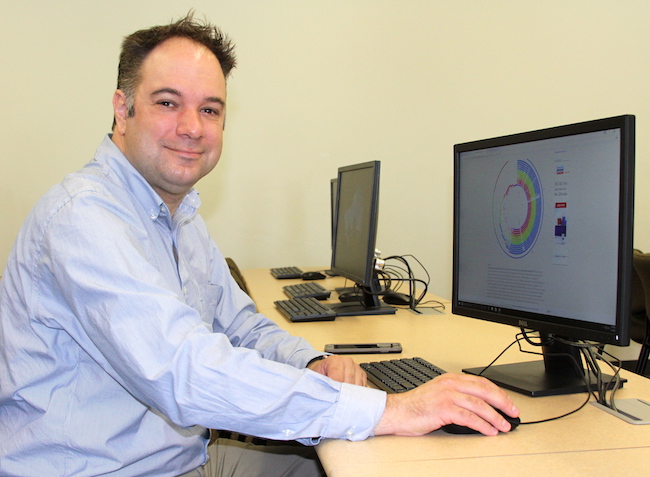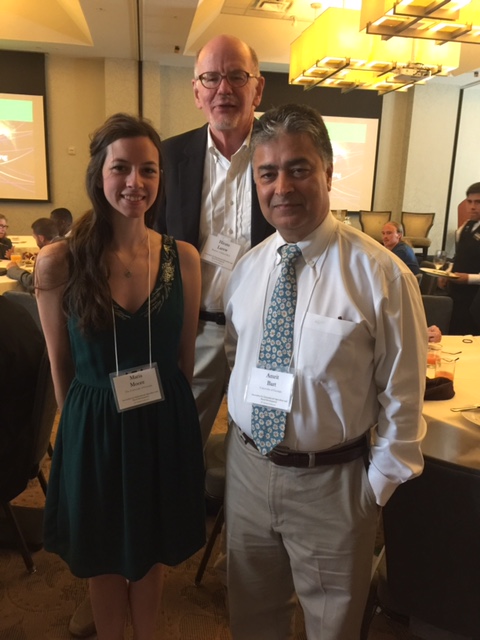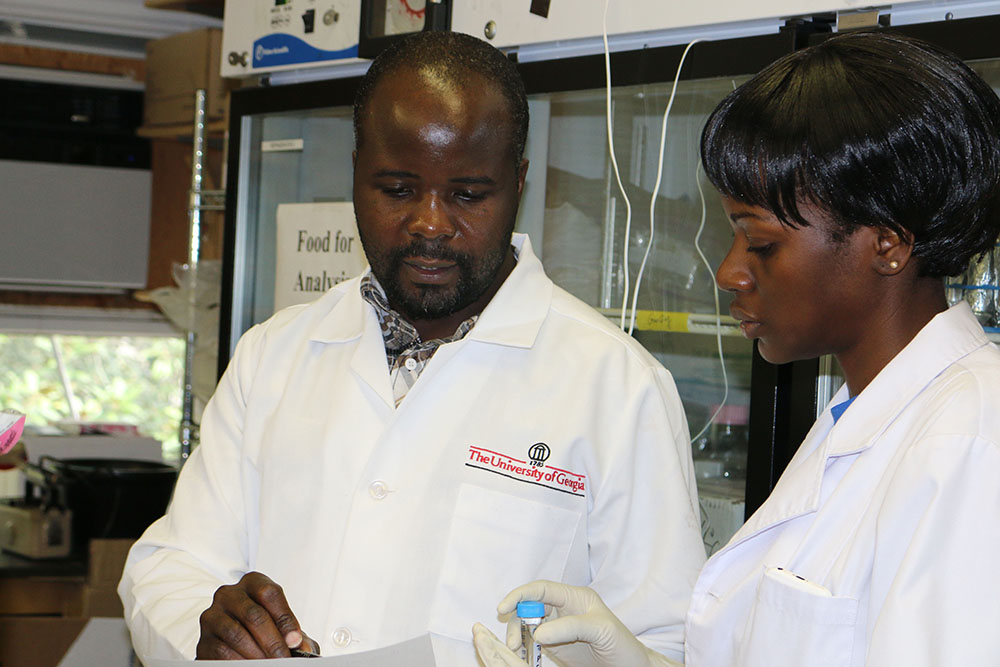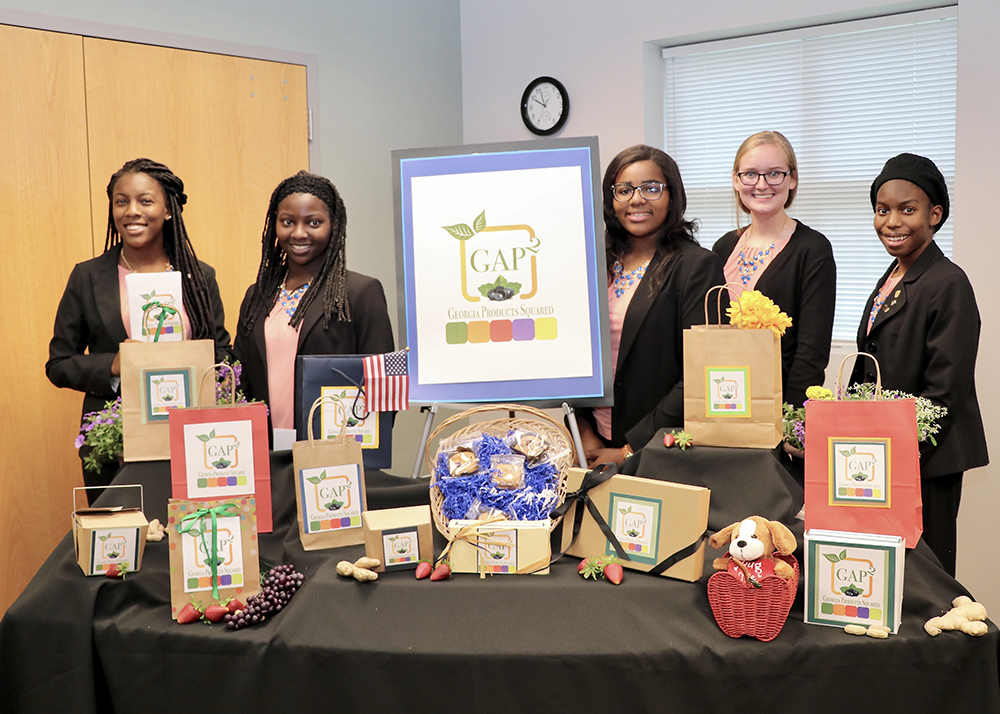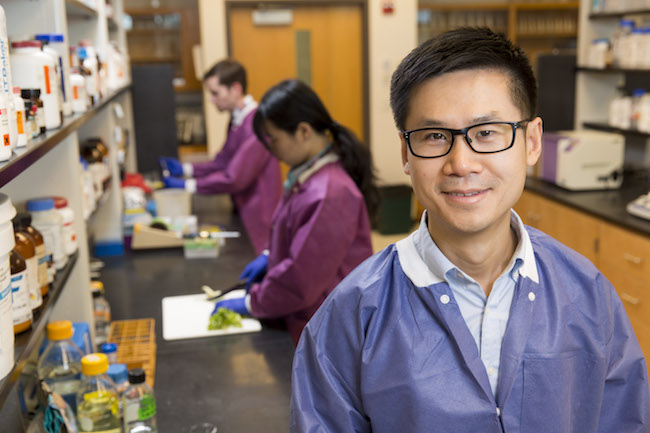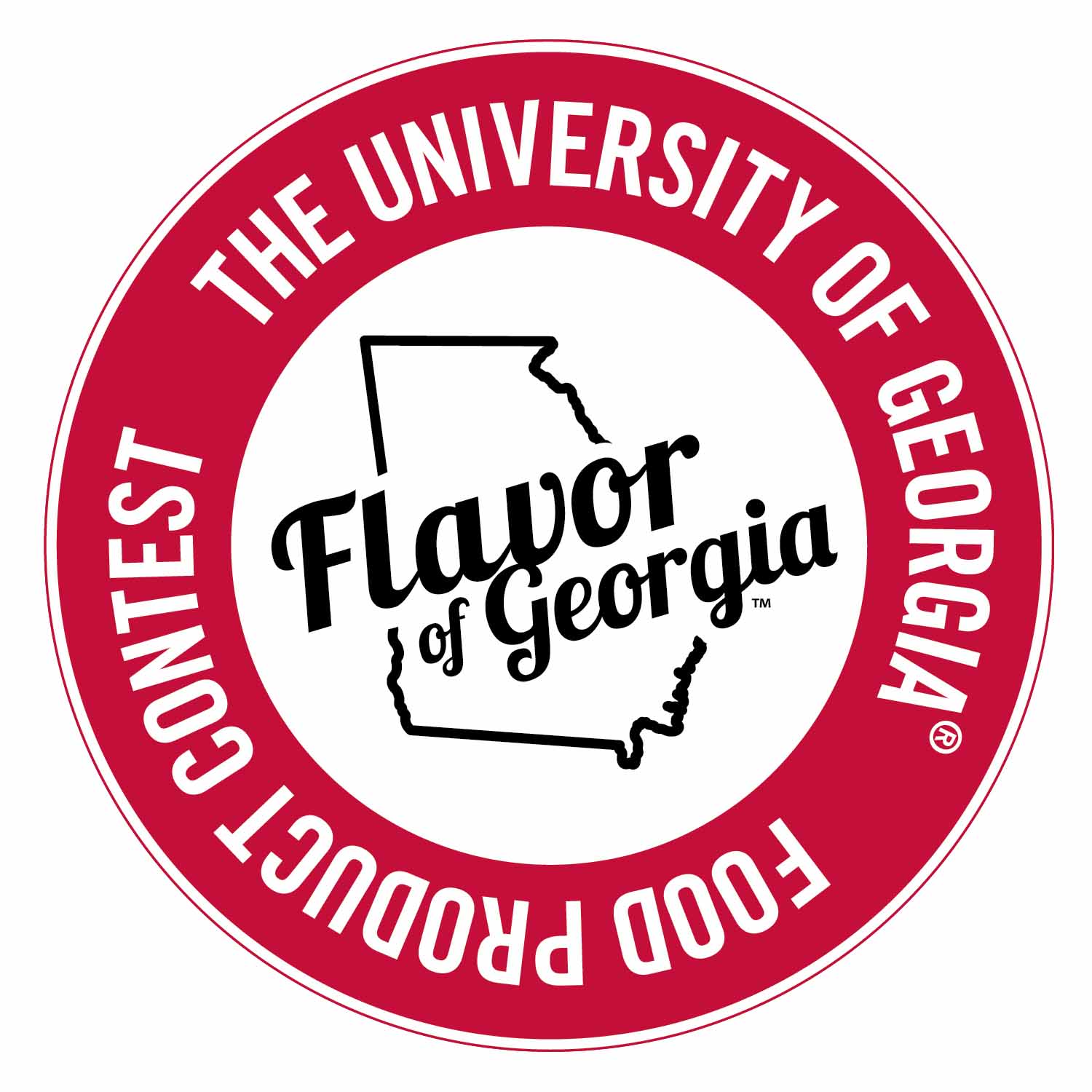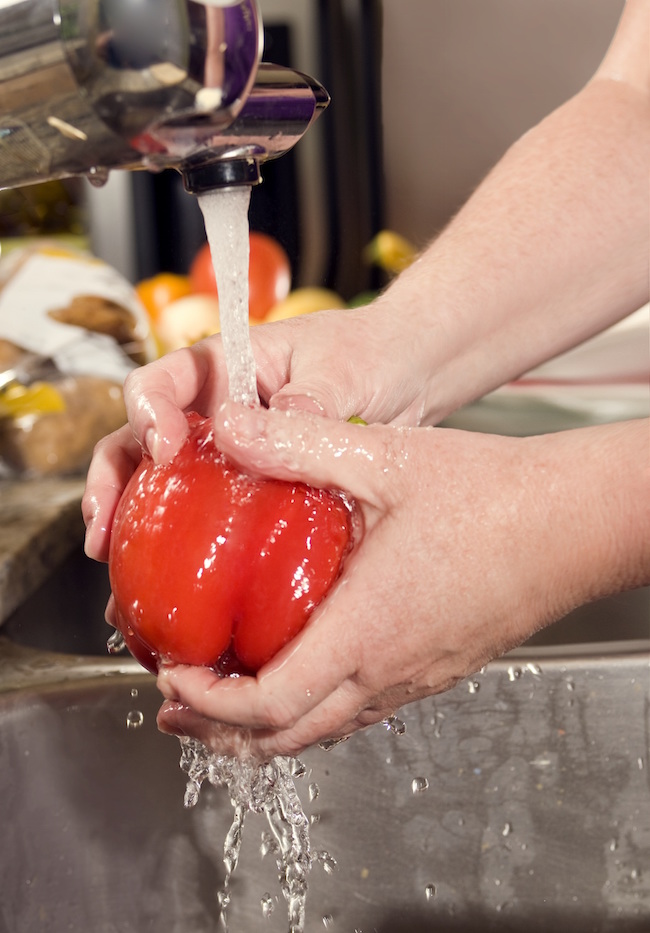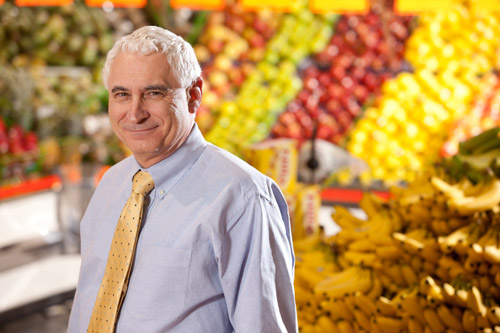 CAES News
CAES News
Doyle Retires
Twenty-six years ago, the University of Georgia hired Mike Doyle to create and lead a research center focused on detecting, controlling and eliminating foodborne pathogens in America’s food supply. This month, Doyle retired from his position as director of the world-renowned Center for Food Safety on the UGA Griffin campus.

